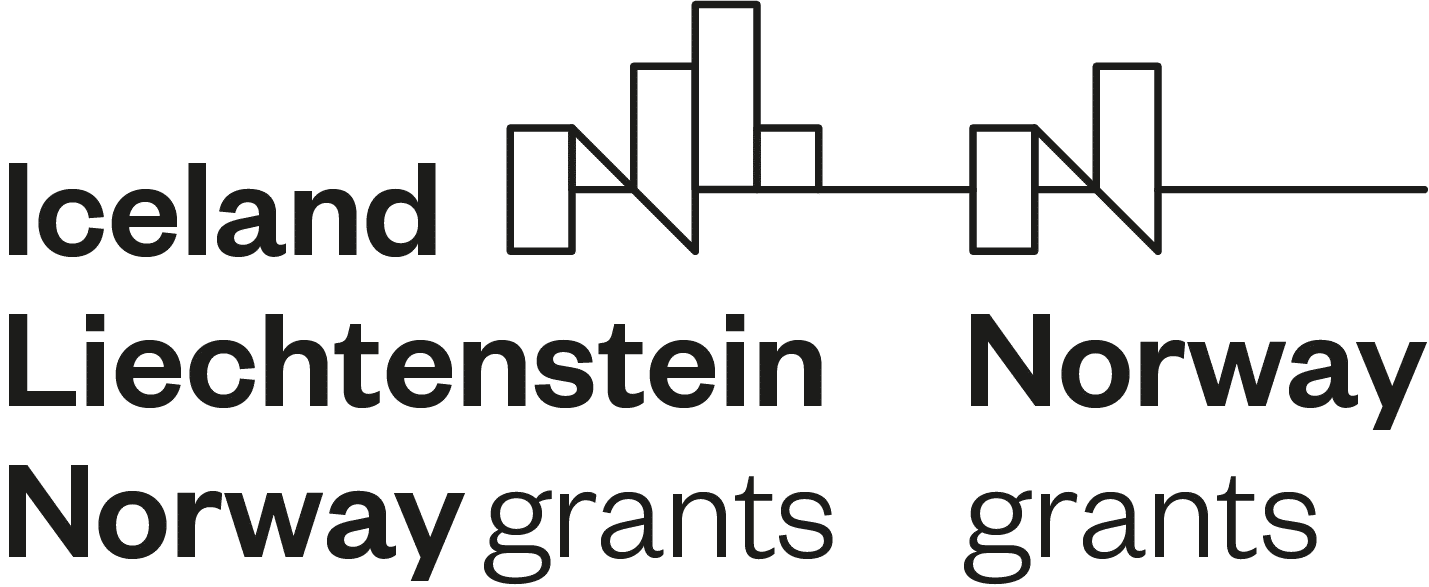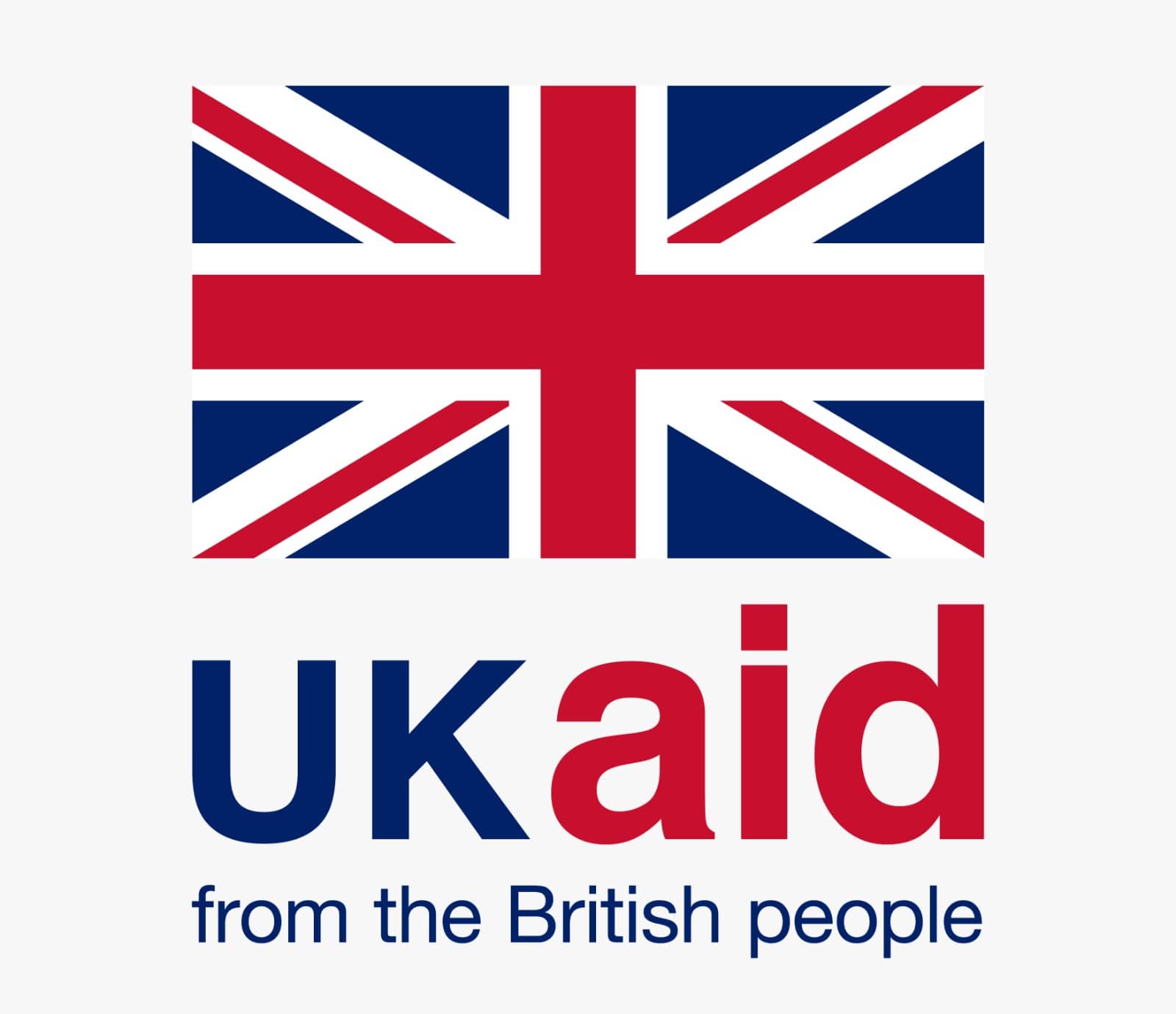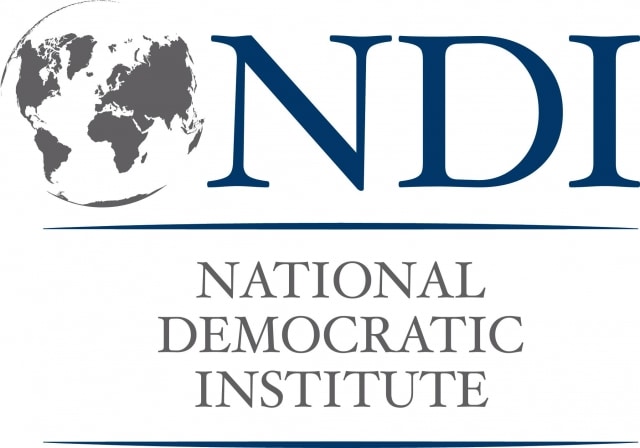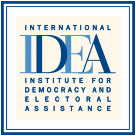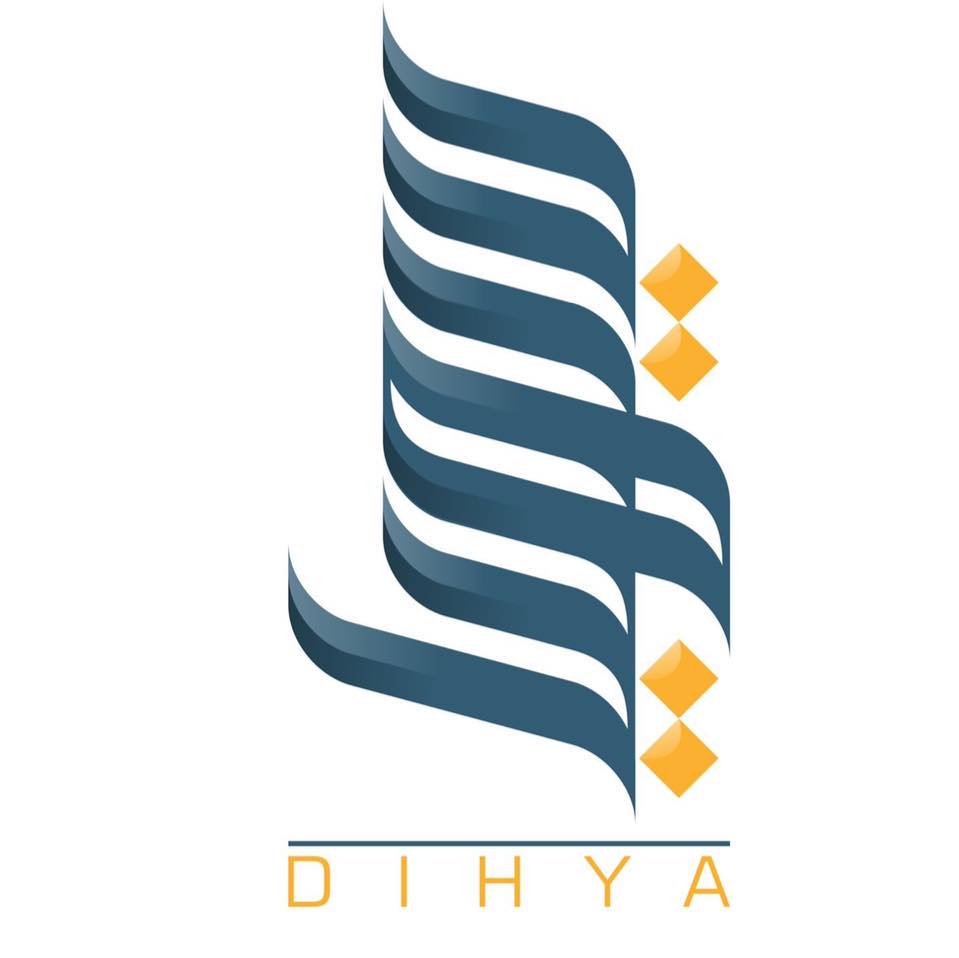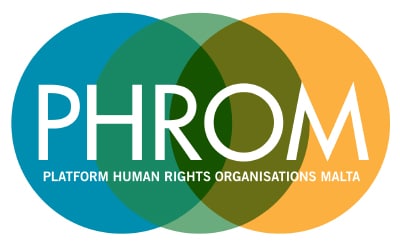Research: Post-Revolution Pioneers in Libya

BCI conducted this research for the Institute for War and Peace Reporting‘s Ante Raeda (You are a pioneer) programme, funded by the UK Foreign and Commonwealth Office. At a conference, in Tunis, IWPR released the report of the research findings, in Arabic and English.
Libyan society is experiencing critical challenges in its transition period. However, according to our research, a new model of community development is emerging, with civil society, local councils, business people, and community members working in close collaboration to stabilise cities, towns, and villages. Making this model work is the reality that family, tribe, tradition, custom, and religion are key factors of identity among most Libyans. The rapture of the revolution upended society, introducing new ideas, discourse, and experimentation. The consequences of these are evident in the fracture of Libyan political life, the absence of rule of law, and an economy careening toward collapse.
For more information on the research, download the report below or watch the video of our presentation.





